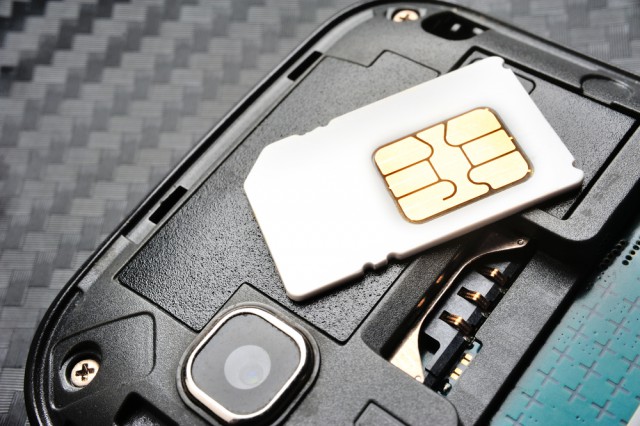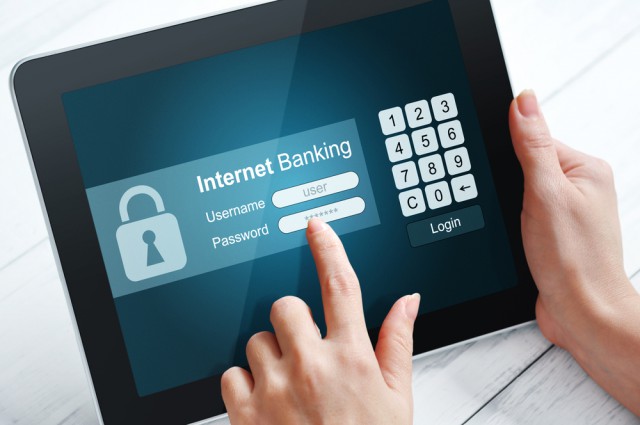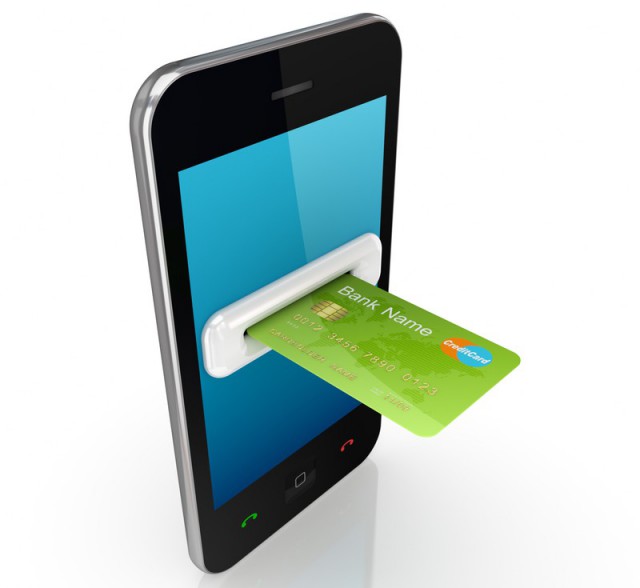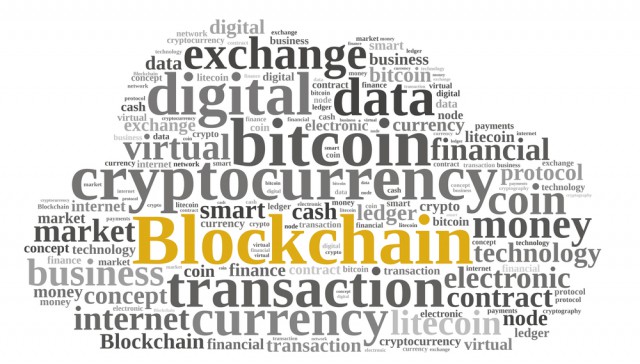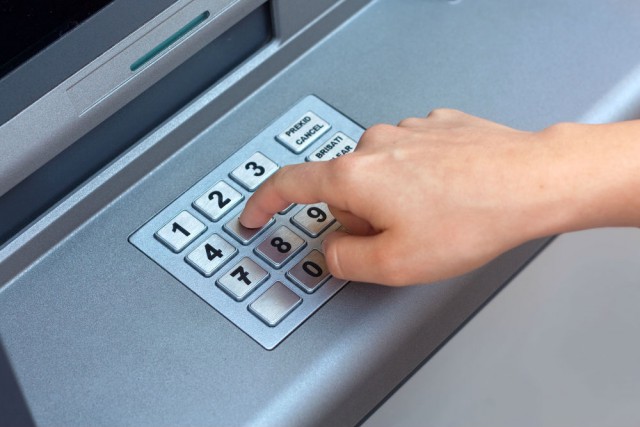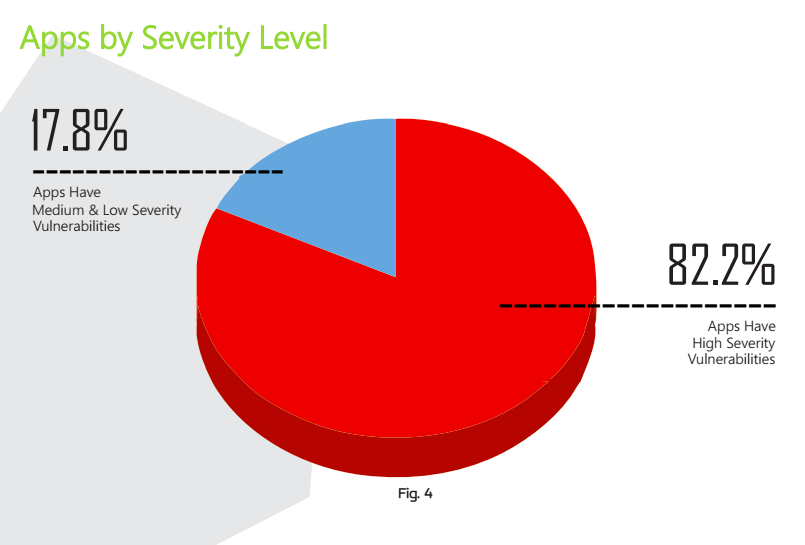
Android banking and payment apps at risk from Acecard Trojan
A new Android banking Trojan is now bypassing Google Play security measures -- the Acecard Trojan is capable of attacking users of nearly 50 different online financial applications and services.
During the last quarter of 2015 researchers at Kaspersky Lab detected an unusual increase in the number of mobile banking attacks in Australia. The suspicious activity was discovered to be the result of a single banking Trojan called Acecard.
